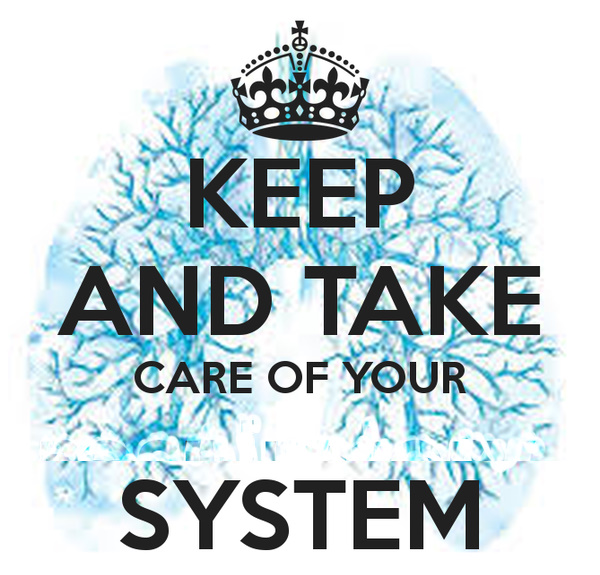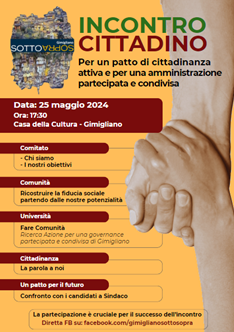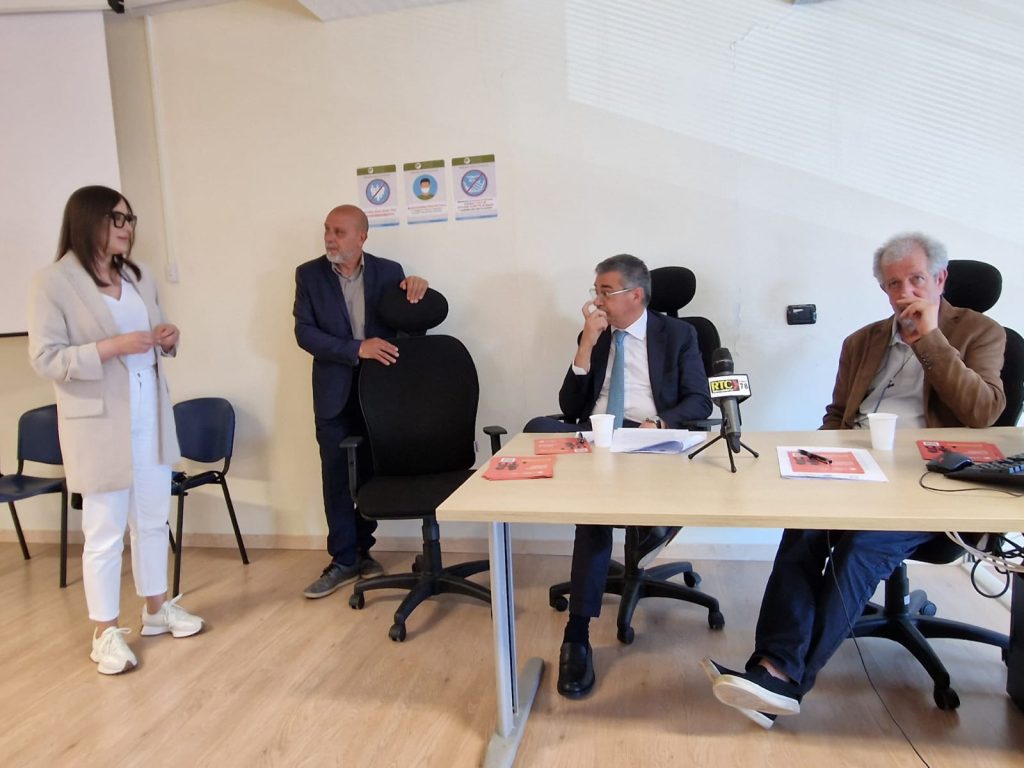by Francesco Zurlo*, Italy
[google-translator]
One: the reality of communication
One day a plane passed over a group of elephants. Each elephant was terrified and increased the panic of the others. Soon, the crowd was completely infected with panic. Fortunately, there were no journalists among the elephants, so panic also disappeared with the plane.
Taking up this pungent story by Bertrand Russell, the first element that should be underlined at this moment is the power of communication. It is a real power, which has tremendously concrete effects. Words are never just words and involve great responsibility.
After the attacks on the Boston Marathon, those who had “consumed” more information about the attack were more likely to develop a psychopathological disorder not only than those who did not stay updated and informed about the event but also even compared to those who were physically present during the attacks.
Responsibility for communication becomes crucial in a country like ours, where the level of attention has been admirable. In fact, since those who seek find, the greater attention translates into a greater number of confirmations of contagion, which however exposes to catastrophic communication possibilities, which are the ones that work best. The paradoxical result is that the greater commitment of our country has lent its side to the communication looting, which has corrupted the potential positive effects in terms of virus control and has increased the negative effects, especially at a psycho-social and economic level: the cure worse than the disease. Any solution can always create unexpected problems.
Communication can also lead to positive results. A few centuries ago – Plutarch tells us – there was an epidemic of suicides among the young virgin women of Miletus, who fled desperate relatives to hang themselves. The epidemic continued despite all attempts to stem it, until a scholar made strategic and responsible use of communication. An edict was whereby issued the dead body of any subsequent suicide would be exposed in the public square. The wave of suicides stopped.

BISLACCHI is Artist for a month on the diagonales
Two: still communication
The power of communication is never enough stressed. Control of official sources, when the battle against the virus demon takes place in the sky, that is, openly, is not enough. Every war has a more visible and a less visible dimension. Inviting the population to find out only on official sources may be correct but expecting it to work means ignoring the real behavior of people. The ability to listen and dialogue with those parts of the system capable of driving others is therefore indispensable, building clear and effective narratives (experts, associations, influencers) that take into account the concrete psychological effects on people. It is especially with these parts of the system that it is useful and appropriate to appeal for responsibility. An appeal that, in order to function, must have a capable strategic direction, without which every good intention risks failing.
Three: power of the individual and vision of mankind
The appeal to responsibility, when applied indiscriminately to the entire population, reveals a dangerously romantic vision of mankind. Useful from a communicative point of view, because it creates a connection between the head of state and the citizen, it is destined to fail from a strategic point of view. Failure is inevitable because we are all in the same room and it is enough for one to leave the window open to make useless the fact that all the others have not only closed theirs, but have lowered the blinds and now add blankets in the hope that this will protect them.
It is exactly what we are witnessing.
On the one hand, we see people applying precautions so rigid that they become excessive. The covers on the windows don’t work because what I do doesn’t defend me from what the other is free to do and not do, so that the fear in these people increases, and with it also a sense of anger, helplessness and frustration. This negative shadow will be projected into the social network and in the relationship with the state, undermining their trust. Thus good (useful precaution) is transformed into its opposite, irrational evil.
On the other hand, there are people who appear completely heedless, towards whom the appeal for responsibility fails. It is not a monolithic category because inside there is both the unaware person, who has not built knowledge of the problem, and the one who is held up as selfish.
In fact, all of us are selfish, by the law of perspective that makes what is closest to us appear bigger – and we already see the effects of our personal, family and professional selfishness.
There are also exceptions, and I believe that many Italian companies have shown a great sense of responsibility towards the community.T
The power of the individual is well illustrated by a general truth: there is no hostless virus.
The optimal strategy must take into account both the SARS-CoV-2 – which we do not know well and whose vaccine will still take time – and the human host, whose role is decisive at the moment. The leap of species that goes from the bat (or from the snake, or from the laboratory) to the body of man goes from this to the mind, poisoning it with fear. And there is nothing more dangerous and contagious than fear, because it does not need anything to transmit and spread. Once a simple idea has crept into the mind, it can come to dominate it, to the point of damaging the entire human system.
Four: the little binds to the big. Indifference feeds suffering. Everything is connected to the whole.
The bold boy proud of his indifference sits in front of the hypochondriac mother and conspiracy father and next to his brother with a paranoid debut.
This cross-section of reality – which will not surprise anyone like me who does the noble profession of psychotherapist – is emblematic of a general truth: opposites nurture opposites. Those who unfortunately show indifference or intolerance towards precautionary rules are even more discouraged by those who embrace precautions such as the most rigorous of religions (leading to irrational or, to the extreme, pathology). They are extremes that reinforce each other and whose effects, partly unpredictable, are not to be overlooked because they have both a local and systemic dimension. Everyone points the finger at precautionary excesses but less attention is paid to the opposite problem and even less attention is paid to the systemic link between these two different visions of reality that mutually reinforce each other. Even the division into “areas”, albeit correct, has contributed to creating a focused perception of danger which, however, does not help to perceive the risk present in all the other areas, but in a crisis situation it is necessary to create simple rules, the same for all and timed. These aspects, not considered, show that the contribution of psychology experts can prove decisive not only in direct intervention in people’s lives but also on a broader, systemic level.
Another truth that shows this cross-section of reality is the importance of the future. Today’s child, if not well managed, becomes tomorrow’s paranoid.
To the rulers I say: beware of the seed of discomfort, because it is very small, but its tree grows suddenly, when it is too late now.

*Francesco Zurlo, psychotherapist, is author of several specialist publications and Professor at University Magna Graecia of Catanzaro (IT) and President of the O.I.U. – International Human Intelligence Observatory, part of the Intelligence Lab Department of the Calabria University. Editorial board member of Minerva Pediatrica Journal and Fortune Italia Columnist, Francesco has also participated to numerous international congresses. He coined the term “Psycholùogy” to refer to his original way of working and thinking (in Greek λύω/lùo, means “to solve”).
P.S. – This article, kindly granted by the author, has been published on “The watcher” on 09/03/2020 with the title “La cura del sistema: Quattro elementi su cui puntare per difendersi dal coronavirus“. Translation made by editorial staff.






